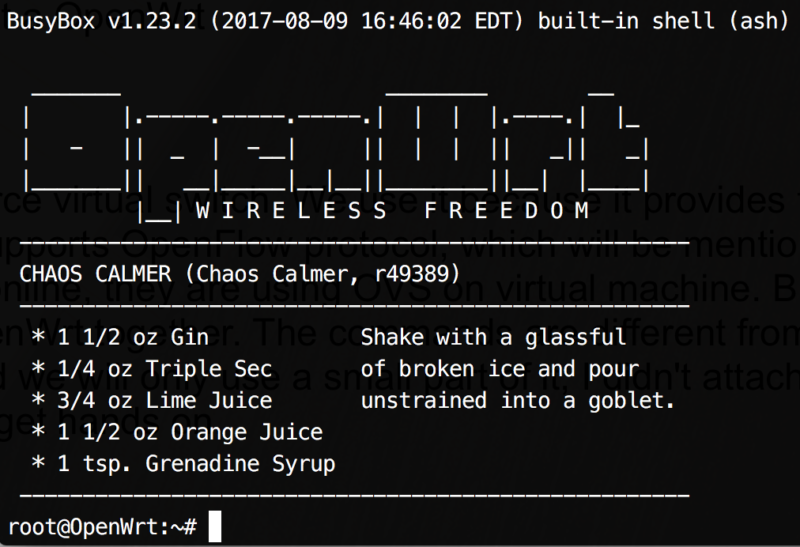OpenWRT is vulnerable to attacks that execute malicious code


For almost three years, OpenWRT—the open source operating system that powers home routers and other types of embedded systems—has been vulnerable to remote code-execution attacks because updates were delivered over an unencrypted channel and digital signature verifications are easy to bypass, a researcher said.
OpenWRT has a loyal base of users who use the freely available package as an alternative to the firmware that comes installed on their devices. Besides routers, OpenWRT runs on smartphones, pocket computers and even laptops and desktop PCs. Users generally find OpenWRT to be a more secure choice because it offers advanced functions and its source code is easy to audit.
Security researcher Guido Vranken, however, recently found that updates and installation files were delivered over unencrypted HTTPs connections, which are open to attacks that allow adversaries to completely replace legitimate updates with malicious ones. The researcher also found that it was trivial for attackers with moderate experience to bypass digital-signature checks that verify a downloaded update as the legitimate one offered by OpenWTR maintainers. The combination of those two lapses makes it possible to send a malicious update that vulnerable devices will automatically install.
Comments
Post a Comment